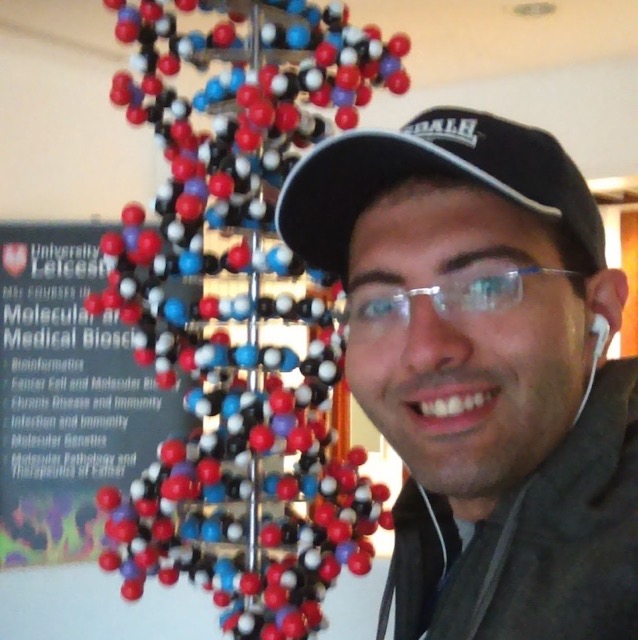My passion for phages sparked after attending a seminar back in 2014, hosted by Prof. Ramy Aziz at the Faculty of Pharmacy, Cairo University in Egypt. In that seminar, I enjoyed the sessions of Prof. Hany Anany and Prof. Martha Clokie, which opened my eyes to the potential of phage research in the fight against antibiotic-resistant bacteria. Soon after, I was lucky to join a short internship at Prof. Clokie’s lab at the University of Leicester. Capsid and Tail readers must know that phages literally and figuratively “grow on you.” Totally smitten, I chose a PhD project focused on hunting and characterizing phages against multidrug-resistant pathogens of the respiratory tract, particularly Acinetobacter baumannii and Klebsiella pneumoniae. I was fortunate enough to be supervised by a trio of experts, each in a different area of the topic: Dr. Reham Samir, a microbiologist, Prof. Aziz, a phage genomics expert, and Prof. El-shibiny, a master of phage therapy. Their combined expertise and guidance incredibly helped me manage the complexities of phage research and maintain high standards in my work.
I isolated some phages and characterized them at the Center of Microbiology and Phage Therapy (CMP), Zewail City, Egypt. Then, in the late stage of my PhD, I focused on bioinformatics analysis of the obtained genomic sequences: Analyzing phage genomes is crucial for understanding their biology and therapeutic potential! In this phase, I felt totally lost without a roadmap1 and did not know where to begin and end2 (I am quoting the titles of the cited papers below). It was my first experience handling a genomic sequence, from assembly to annotation and phylogenetic analysis, turned out to be a treasure cove for me.
Prof. Aziz advised me to learn from Prof. Kropinski’s publications and check his workshop material. From there, I started to learn and understand the basics of phage genomics, followed by annotation and phylogeny. The published articles by ICTV members regarding the taxonomy updates and the abolishment of morphological taxonomy were super helpful in building my knowledge and following them to do proper phylogenetic analysis.
I had a roadmap to what was needed to comprehensively analyze my phage genomes, which directed me to build my own list of tools (particularly web-based tools) This list was very helpful and facilitated my work as it was categorized based on the tools’ functions. Then, I started to share it with my colleagues in Egypt who work on phage biology. Prof. Aziz liked the way I organized my analysis tools and, Prof. El-shibiny gave me the floor to train and share my learning experience with his students at CMP, and they were happy with the tool list. Literally, with what I learned and collected in more than six months, they were able to kick off with genomic analysis within a few days of training and using this list.
Recognizing the need for a more comprehensive and inclusive resource, Prof. Aziz and I launched a survey, entitled “Phage Bioinformatics Wish List: From Sequence to Knowledge!” to gather valuable input from the phage research community on their preferred bioinformatics tools. By collecting this data, we hope to create a robust and user-friendly resource that empowers researchers of all experience levels in the bioinformatics analysis of their phages’ genomes.
This survey is open to all researchers interested in phage bioinformatics. We encourage you to participate and contribute your expertise. By working together, we can build a valuable resource that accelerates phage research and facilitates the way for phage beginners.
Bishoy Zaki, PhD, a phage biologist from Egypt
- Shen, Anastasiya, and Andrew Millard. “Phage Genome Annotation: Where to Begin and End.” PHAGE (New Rochelle, N.Y.) vol. 2,4 (2021): 183-193. doi:10.1089/phage.2021.0015.
- Turner, Dann et al. “A Roadmap for Genome-Based Phage Taxonomy.” Viruses vol. 13,3 506. 18 Mar. 2021, doi:10.3390/v13030506.







